In a move celebrated by advocates for homeless families, the D.C. Council has voted to remove a provision from Mayor Muriel Bowser’s fiscal year 2026 budget that would have allowed the return of congregate shelter housing — a policy many feared would mark a major step backward in how the city treats families experiencing homelessness.
The final decision came ahead of the council’s July 28 budget vote, quelling weeks of concern sparked by Bowser’s proposed $21.8 billion budget, which included controversial plans to allow families to be temporarily placed in communal shelters where multiple families might share the same space.
A Return to the Past Sparks Alarm
When Mayor Bowser unveiled her budget in late May, her administration cited anticipated space shortages in D.C.’s family shelter system as justification for reverting to congregate sheltering. However, advocates and councilmembers quickly criticized the move, arguing that it undermined years of progress since the closure of the D.C. General megashelter in 2018 — a campaign promise Bowser had made when she first ran for office.
Congregate shelters, once commonplace in D.C., have long been associated with overcrowded conditions, lack of privacy, and negative effects on mental and physical health, particularly for children. “We saw all of the negative impacts on parents’ well-being, on children’s well-being, and their engagement in school,” said Makenna Osborn, a policy attorney at the Children’s Law Center.
The Council’s Response: Guardrails and Revisions
Initially, the D.C. Council’s proposed budget didn’t completely reject shared shelter spaces. A July draft offered a compromise: allowing families to be temporarily housed in semi-congregate settings, such as the Harbor Light facility, which had been used to house migrant families. In that setup, just two families per room would be allowed — offering more privacy than traditional congregate shelters.
Even that more modest compromise raised red flags. Advocates warned it could set a dangerous precedent, and Councilmember Matt Frumin, chair of the Human Services Committee, acknowledged the need to tread carefully. After visiting Harbor Light in early July, Frumin and Council Chairman Phil Mendelson introduced restrictions, or “guardrails,” to make sure any use of the site was safe and minimally disruptive.
But in the final budget, all provisions that would have allowed any form of congregate or semi-congregate family housing were eliminated entirely.
Advocates Sound the Alarm on Budget Priorities
For many advocacy groups, the mayor’s shelter proposal was only part of a larger concern: her budget reflected significant cuts to critical social services and housing programs. These included:
-
A reduction in rental assistance that helps prevent homelessness
-
A scale-back of Rapid Rehousing, a program that allows families to quickly exit homelessness
-
Few new housing vouchers, which are essential for long-term housing stability
-
Cuts to other health and welfare services
“I think it’s evident that there’s an expectation that their current policies and lack of funding are going to result in increased homelessness,” said Brit Ruffin, policy and advocacy director at the Washington Legal Clinic for the Homeless. “It’s definitely an implicit admission that they know their policies are not helpful to ending homelessness.”
DHS Responds: “We Need Flexibility”
In a statement to Street Sense, Department of Human Services (DHS) interim director Rachel Pierre defended the initial congregate proposal, saying it was intended to offer the city flexibility in responding to the rising need for shelter.
“With limited resources, some families will need to spend more time in short-term family housing, which may cause space constraints,” Pierre wrote. “The Mayor’s proposal would have allowed us more flexibility to provide safe shelter to families.”
She emphasized that DHS remains committed to using all available budgeted resources to help families secure housing, with a continued focus on safety and dignity.
Budget Wins for Homeless Services
Although the council rejected the congregate shelter idea, it also increased funding for more family shelter slots and expanded D.C. Flex, a housing assistance program for families who can’t access traditional shelters.
According to the city’s fiscal projections, approximately 170 families are expected to need alternative assistance in the coming year if shelters reach full capacity. Advocates hope the added support will help bridge the gap without compromising the privacy or well-being of vulnerable families.
Harbor Light’s Future Unclear
With the removal of provisions allowing family housing at Harbor Light, the facility’s purpose is now in question. Originally suggested as a semi-congregate site, its use has not been officially redefined.
Councilmember Frumin expressed hope that DHS’s past experience using Harbor Light to house migrants could inform how it might be safely repurposed, but no decisions have been made public.
A Call for Transparency and Process
Advocates and legal experts stressed that if Mayor Bowser still wants to pursue congregate housing in the future, it should be through a full legislative process — not a budget maneuver.
“If that is going to be changed, that it is done through a full legislative process, where the public has an opportunity to give input,” said Osborn of the Children’s Law Center, “and the council can really give thoughtful consideration to any changes, versus through the budget process.”
This is not the first time the council has rejected congregate housing. It did so unanimously in 2010 and again in 2014, reinforcing what many see as a long-standing commitment to ensuring families are sheltered with privacy, dignity, and safety.
Looking Ahead
The city faces undeniable challenges — rising homelessness, strained resources, and increasing pressure on shelters. Yet, advocates say the solution cannot be to roll back reforms that were hard-won.
While the D.C. Council’s decision offers temporary relief to those who feared a return to large-scale sheltering, it also leaves open the need for a sustainable plan that ensures every family has a path to stable, secure housing — without sacrificing their privacy or well-being.
As budget debates fade into implementation, all eyes will be on how the city balances those competing needs and whether its leadership continues to prioritize families experiencing homelessness not only with words, but with action.

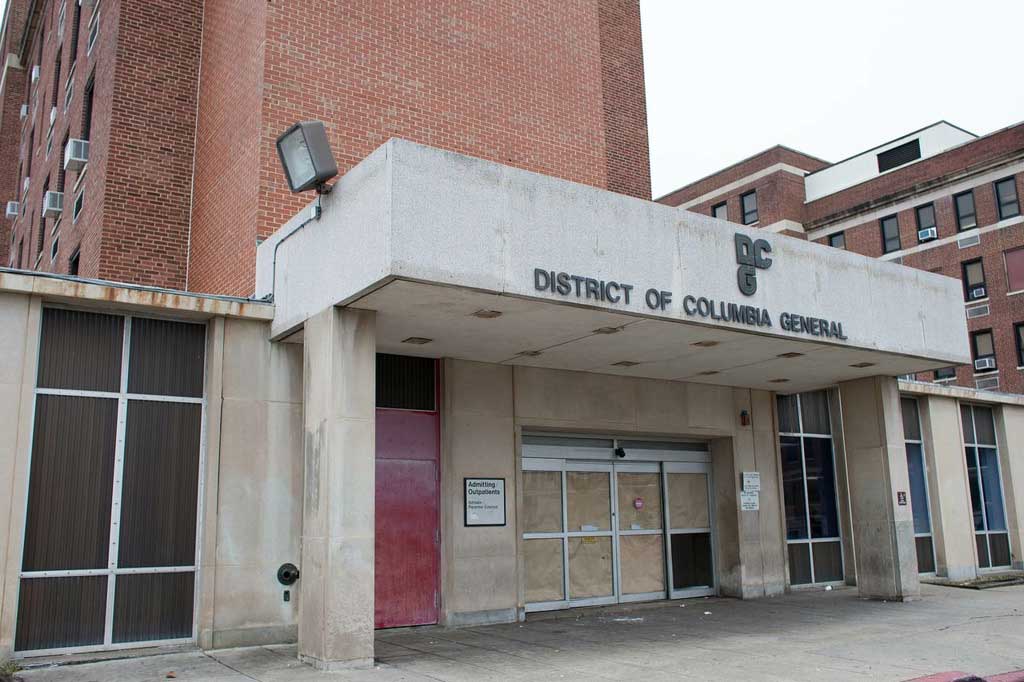

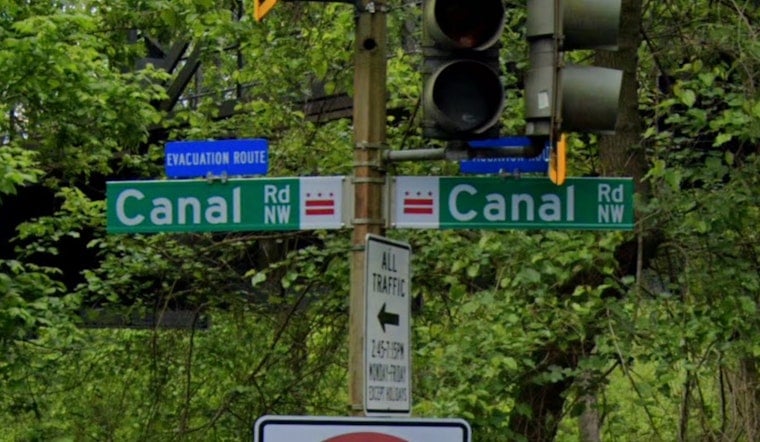
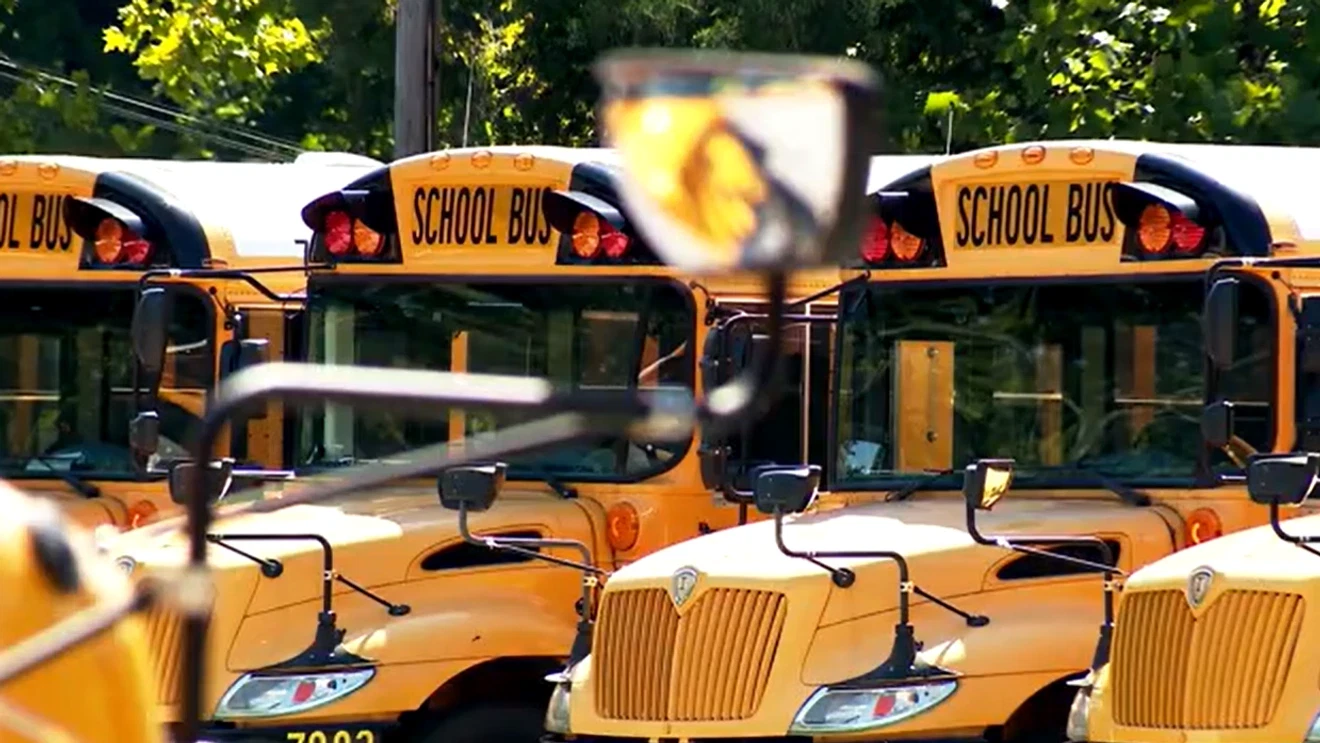

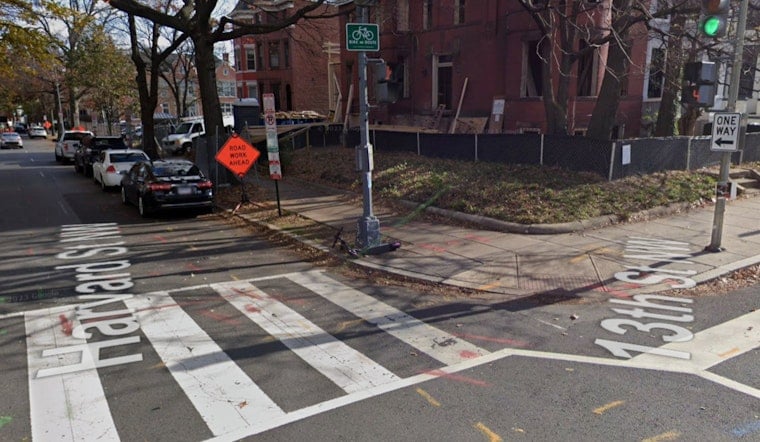

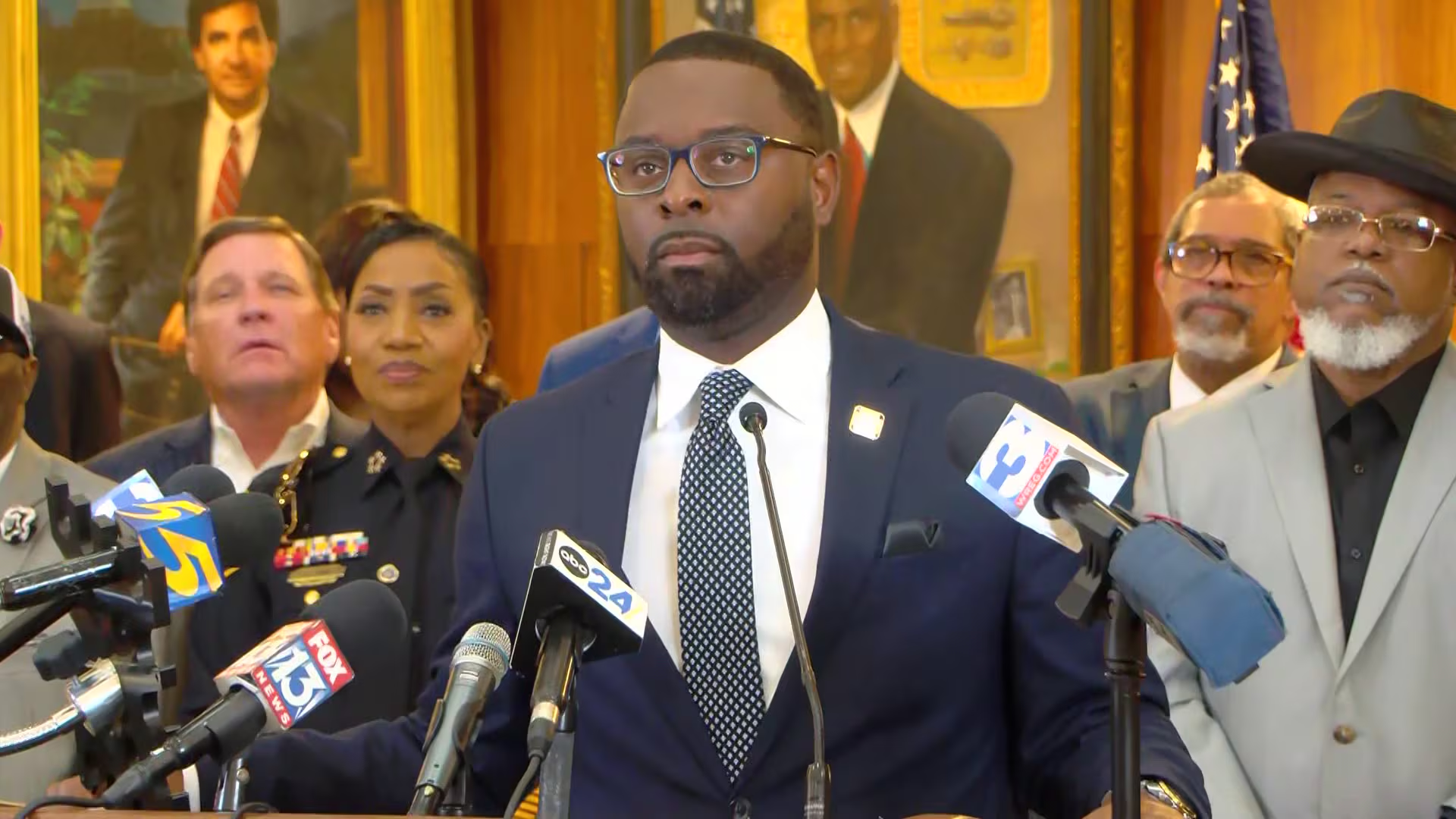
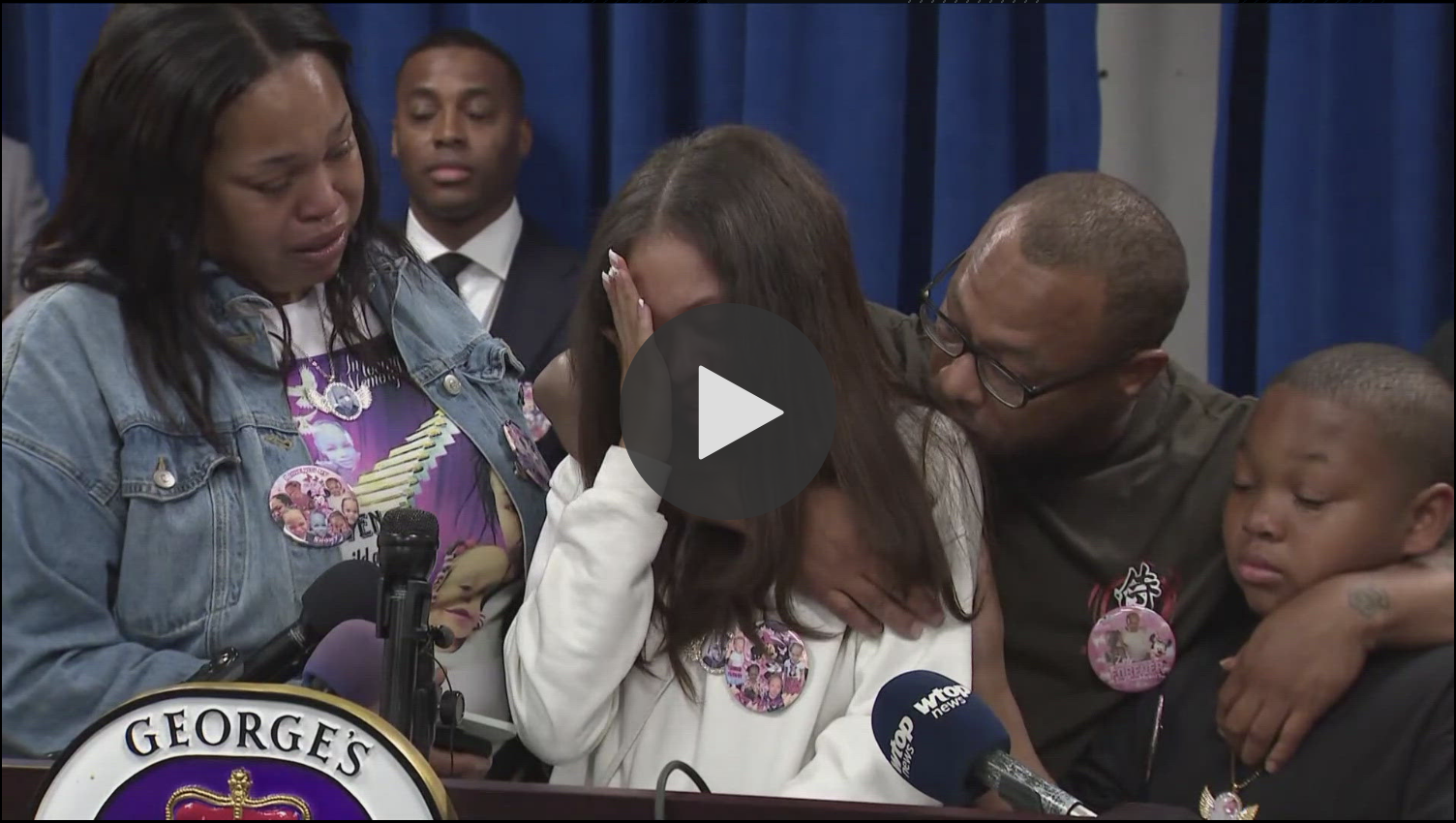

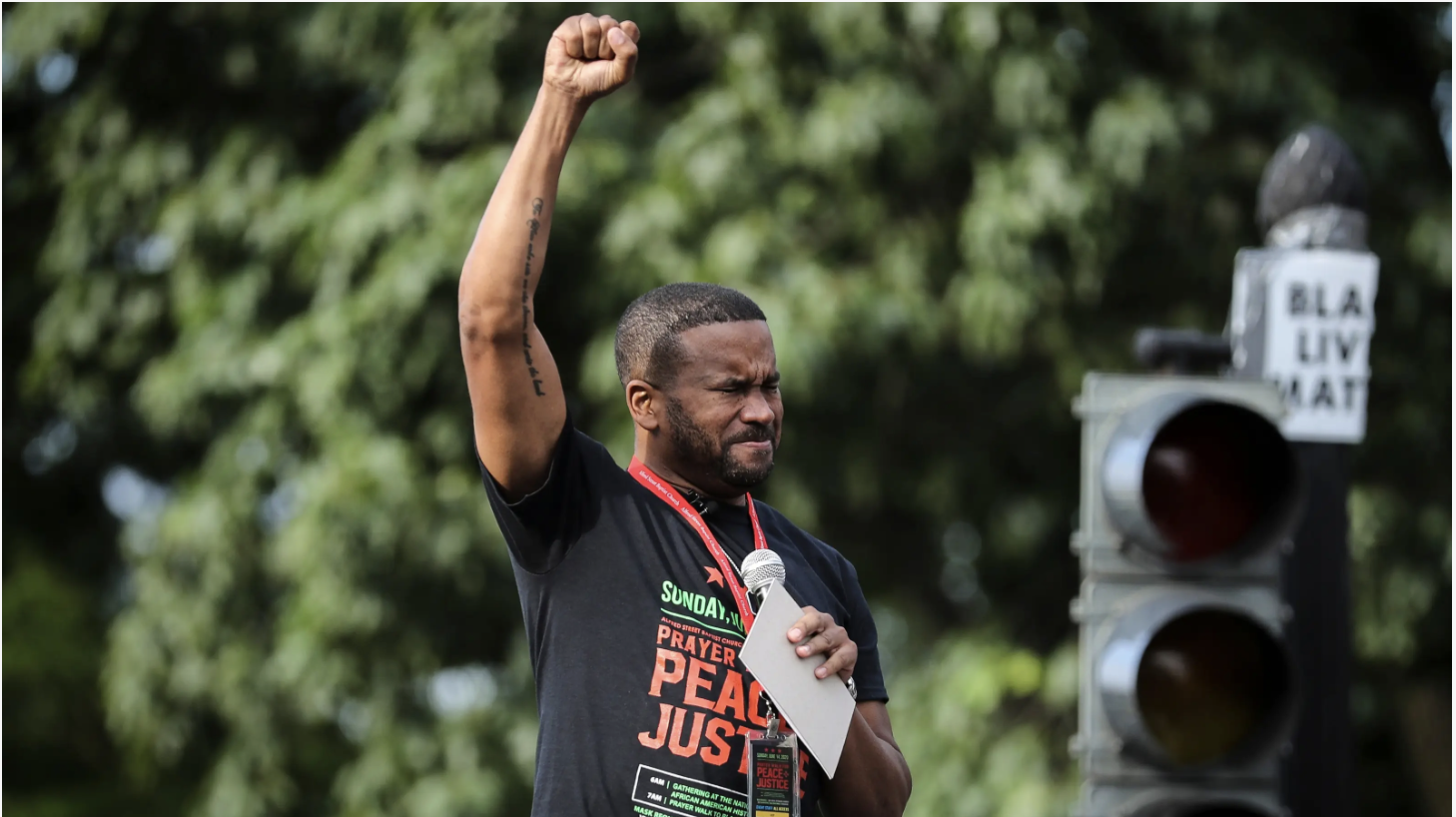
Leave a Reply